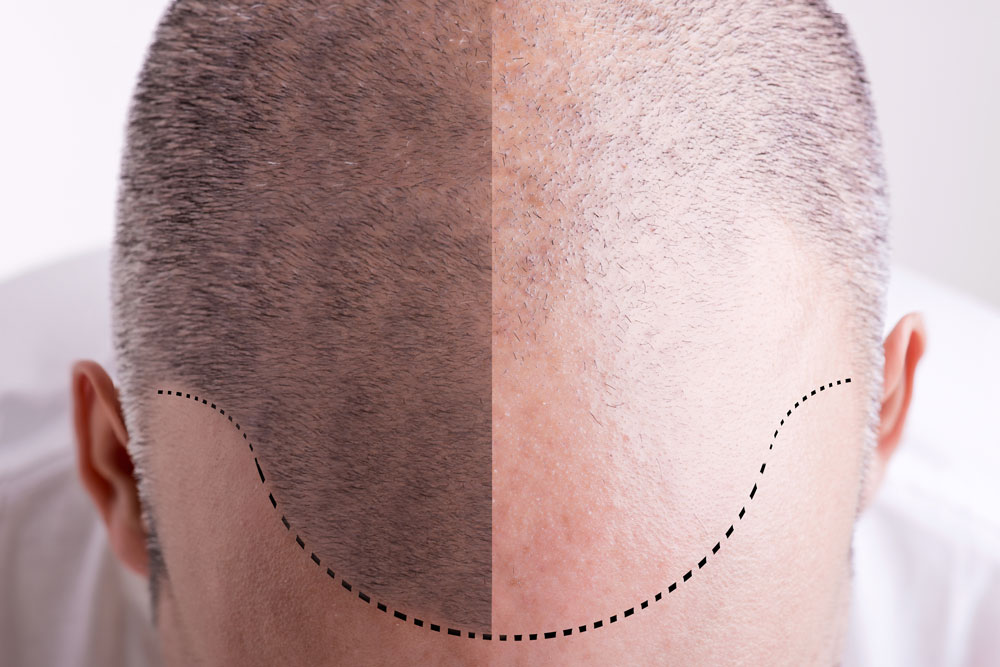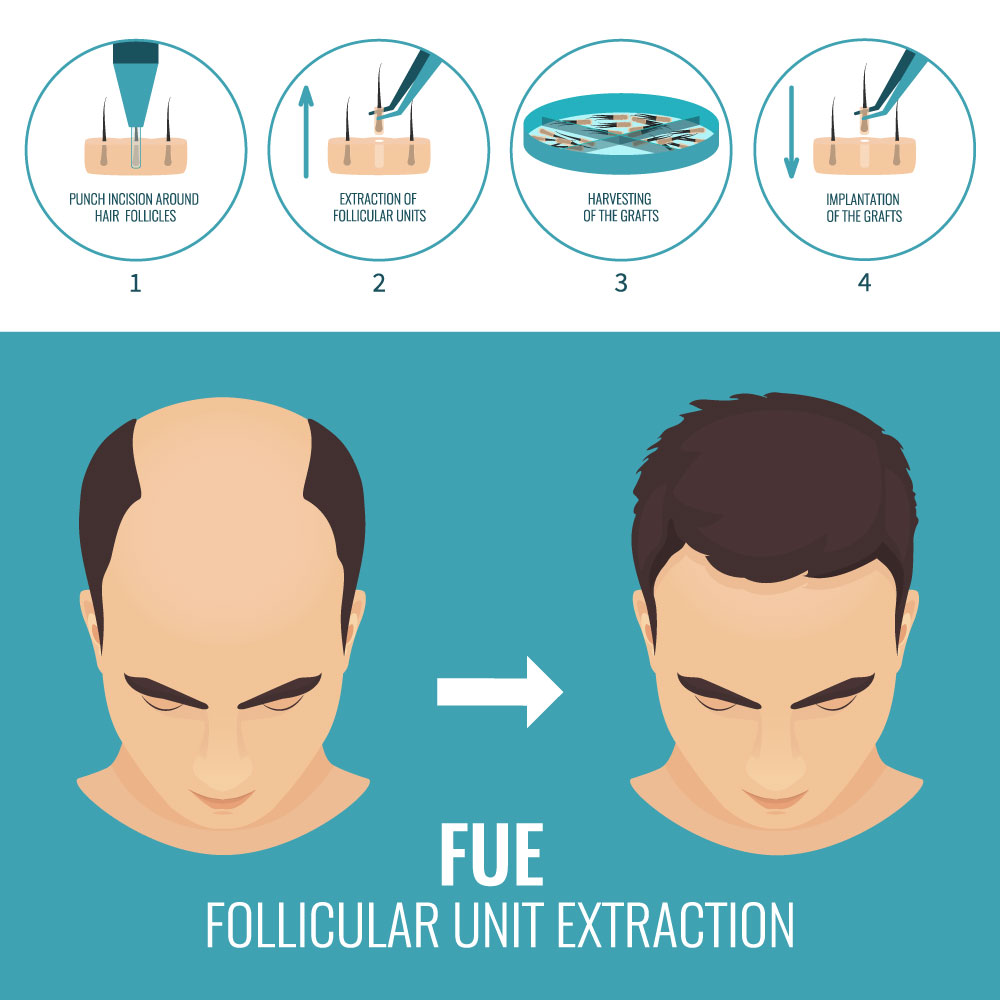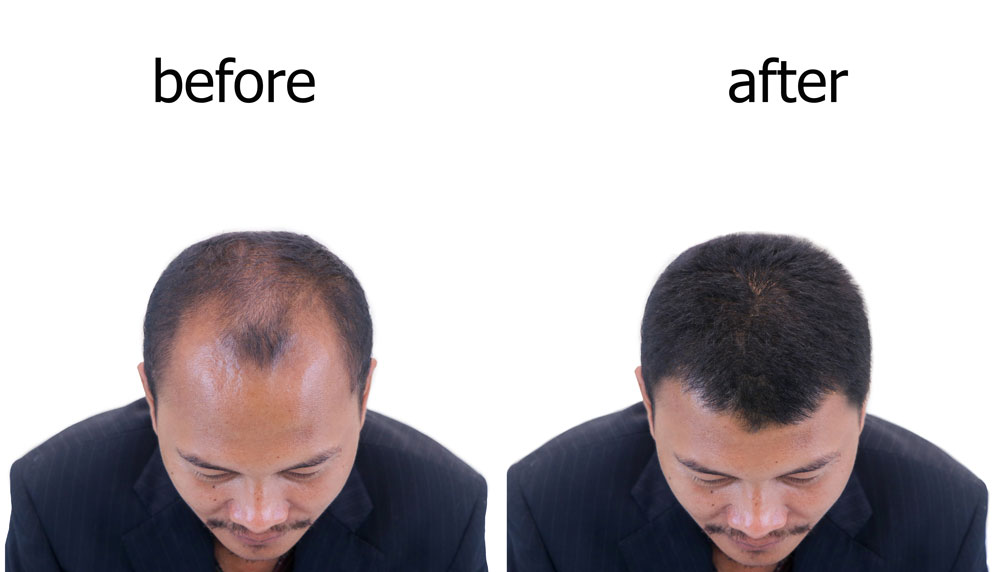
Hair loss is extremely common and is something that almost everyone is likely to experience at a period of their life. Hair loss can occur for a variety of different reasons, such as alopecia, aging, and stress. As there are different causes of hair loss, there are also a variety of treatments.
Some types of hair loss, such as stress related hair loss, will resume the normal growth phase after a few months, and will, in most cases, need no medical attention. However, other types of hair loss such as Androgenetic Alopecia and Non-Pattern hair loss will need to be treated to prompt regrowth. In some cases, this can be done through medication or through the popular FUE hair transplant method.
What is a hair transplant?
A hair transplant is a medical procedure used to treat hair loss and balding. It is a technique that moves individual hair follicles from one area of the head, the donor site – typically the sides or the back of the head – to either a bald or balding area of the head, the recipient site. The transplant works by taking hair follicles from areas of the scalp that have fuller hair and moves them to areas that have either none, or much less hair.
How does a hair transplant work?
A FUE (follicular unit extraction) hair transplant works by using a micro surgical extraction instrument to remove individual hair follicles whilst under local anesthesia.
The scalp area that is to receive the grafts is then punctured with the use of a specialist micro surgical needle. Surgeons then insert each hair graft into the scalp at an angle and density that will match the original hair.

Body Hair Transplant:
This method is the option in patients with extensive hair loss and limited occipital scalp. The donor area involves beard, chest, arms, abdomen and thighs. The body hair is extracted by FUE method and implanted in recipient scalp area.
What other hair loss treatments will work?
As previously mentioned, hair loss can be caused for a variety of different reasons, some of which are not permanent and your hair will resume its normal growth cycle with no treatment needed.
There are also ranges of medications available that can help with hair loss. However, there are very few that have been proven to stop hair loss or reverse the effects of balding and hair loss.

Is a hair transplant a permanent solution?
The results from a hair transplant are not necessarily permanent for life long. However, they are extremely long lasting and one of the most successful treatments for hair loss. The hair transplant will follow the behavior of where the hair came from, this will in most cases mean the hair should continue to grow, as it did in the donor area.
During your personal consultation, surgeon will ensure you are a suitable candidate for a hair transplant and investigate into your age, family history of hair loss and type of hair loss to ensure our treatment is right for you. Although nobody cannot guarantee the treatment but we will do everything possible to ensure that the treatment will works for you.
